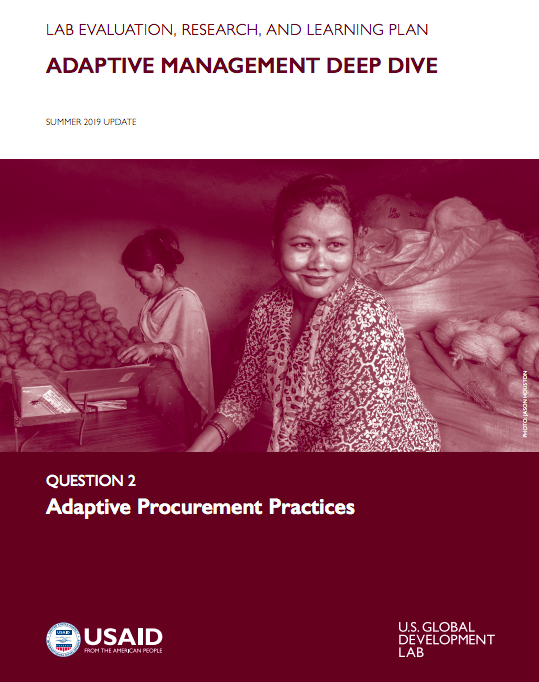- What We Do
- Agriculture and Food Security
- Democracy, Human Rights and Governance
- Economic Growth and Trade
- Education
- Environment and Global Climate Change
- Gender Equality and Women's Empowerment
- Global Health
- Humanitarian Assistance
- Transformation at USAID
- Water and Sanitation
- Working in Crises and Conflict
- U.S. Global Development Lab
Speeches Shim
There is an increasing recognition within USAID and the larger international development community of the need for flexible and responsive implementation approach to help countries and communities mitigate, adapt to, and recover from shocks and other emergent conditions. Taking these approaches in development activities can help to reduce losses, prevent a downward spiral of divestment leading to destitution, and protect hard-won development gains.
Shocks are detrimental and unanticipated events, including but not limited to famine, natural disasters, outbreaks of conflict, economic collapse, and epidemics. Crises associated with a wide array of shocks, stresses, and emergent properties are possible, if not probable, within USAID’s usual project implementation timeframe of five years.
Rarely do we perfectly predict the trajectory of both our intervention and the context in which it operates over the course of a three to five-year award. Adaptive programming can help us pivot interventions to respond to less dramatic changes such as changing demographics due to migration, or simply better or worse intervention results than were anticipated during program design.
This demands a more flexible, responsive approach to development investment and programming. Adaptive programming is not just for shocks though — it can be beneficial in responding to other less-emergent circumstances, such as staff turnover on project management teams, changes in leadership or local government priorities, and budget shifts at donor organizations. USAID’s Acquisition and Assistance Strategy recognizes and prioritizes the need for the procurement process to support adaptive management:
“USAID will integrate design, procurement, and implementation by structuring procurement processes to link design to implementation; focusing on adaptive management practices while reducing overly prescriptive USAID rules and policies; and making smarter use of data and evidence.”


Comment
Make a general inquiry or suggest an improvement.